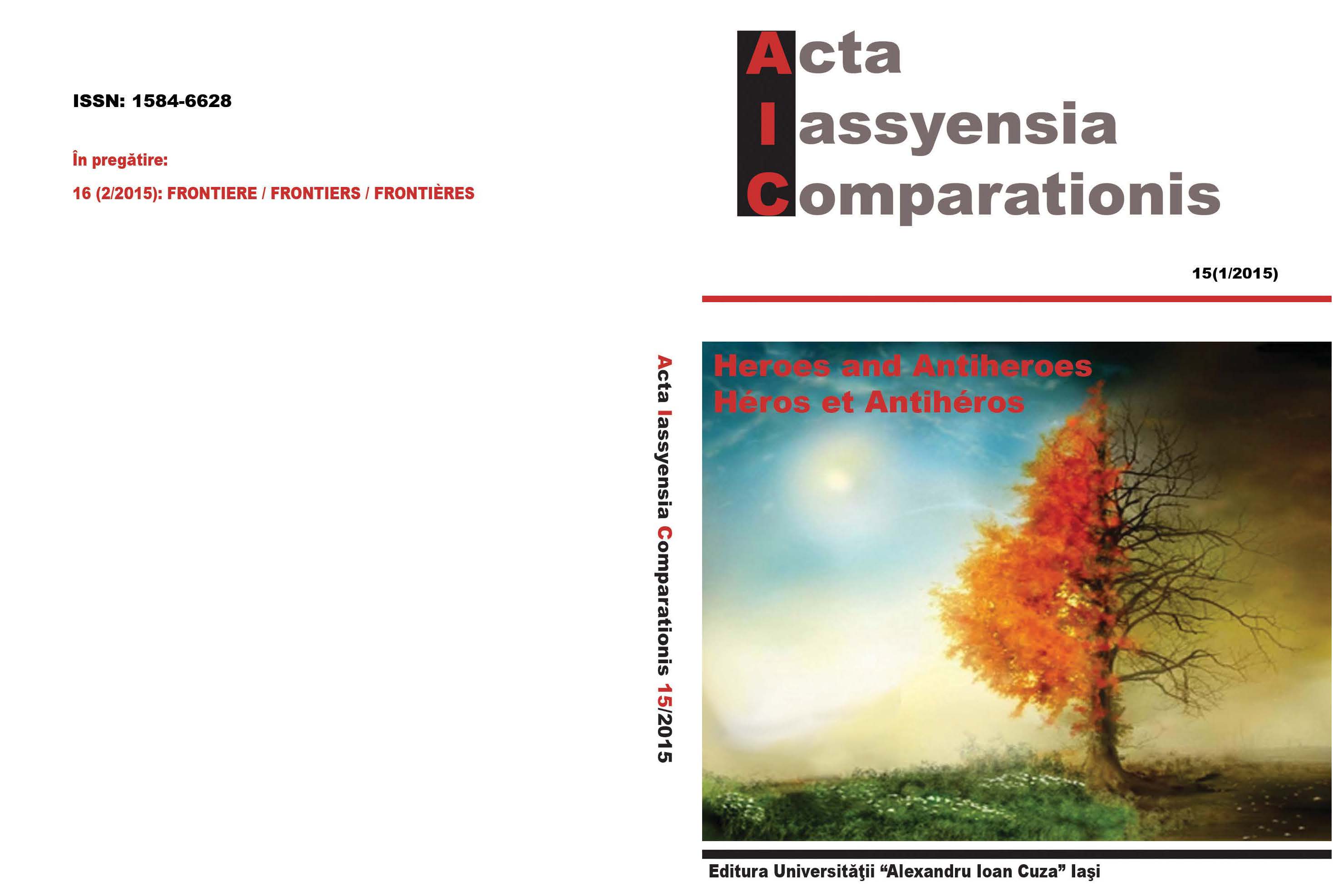Nietzschean Antiheroes in Henrik Ibsen’s Hedda Gabler
Nietzschean Antiheroes in Henrik Ibsen’s Hedda Gabler
Author(s): Crina LeonSubject(s): Studies of Literature
Published by: Editura Universităţii »Alexandru Ioan Cuza« din Iaşi
Keywords: Ibsenian theatre; Hedda Gabler; antiheroes; will to power; Dionysian; master-slave morality;
Summary/Abstract: The Norwegian playwright Henrik Ibsen wrote Hedda Gabler in 1890, therefore in the second part of his artistic career and at a time when Friedrich Nietzsche’s philosophy had already been spread in Scandinavia due to the role played by the Danish critic Georg Brandes in the late 1880s. The present paper aims at a close reading of the work so as to identify Nietzschean features of two antiheroes of the play, Hedda Tesman (born Gabler) and Ejlert Løvborg. We will analyse how the Dionysian ideal applies in their case and how they want to prove they are the stronger part in their relationships with Jørgen Tesman and Thea Elvsted, by taking into consideration the master-slave morality. But at the same time, Hedda wants to show her power on Ejlert. Although it is obvious that neither of these two characters is fully Nietzschean, an influence of Nietzsche’s philosophy upon them can definitely be considered.
Journal: Acta Iassyensia Comparationis
- Issue Year: 1/2015
- Issue No: 15
- Page Range: 95-101
- Page Count: 7
- Language: English

